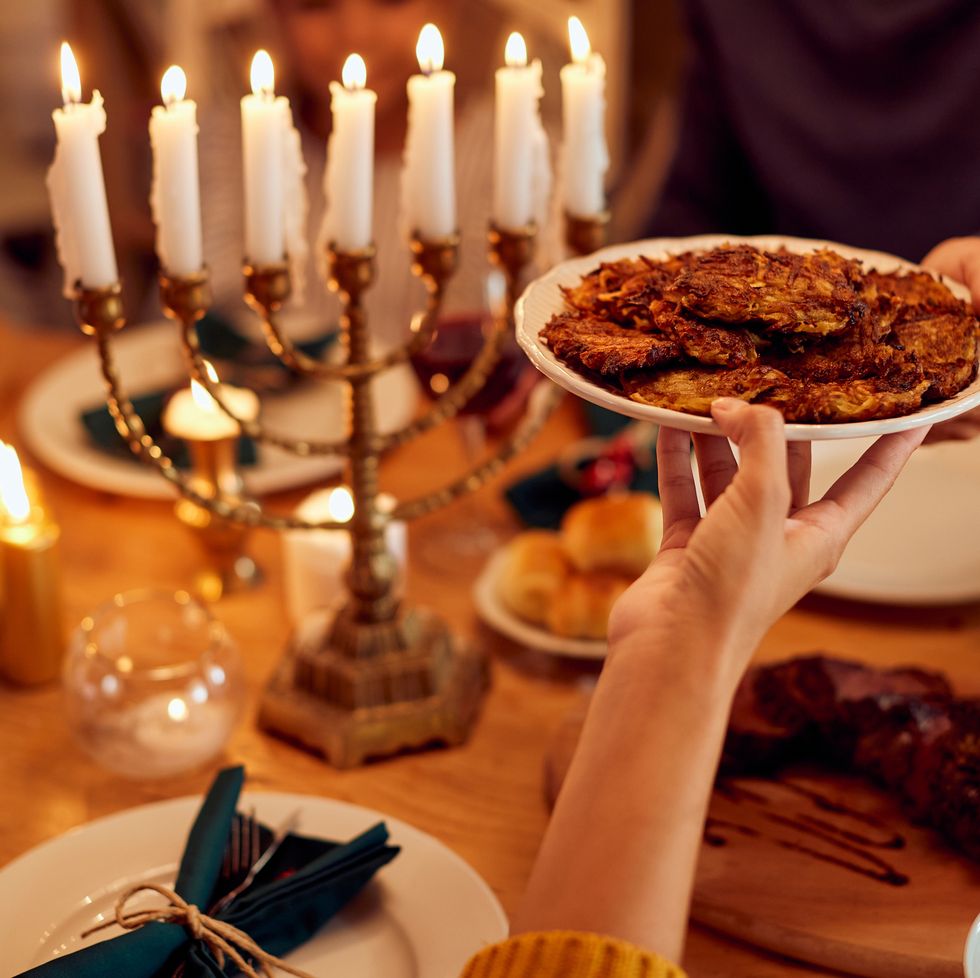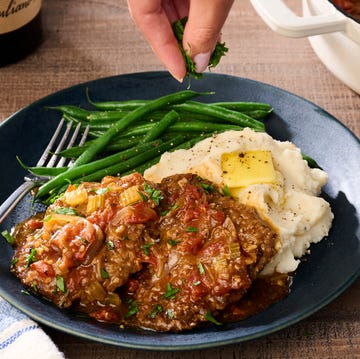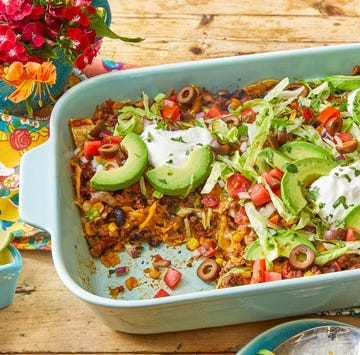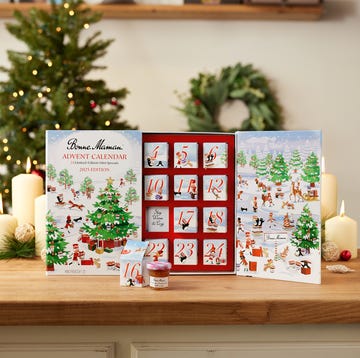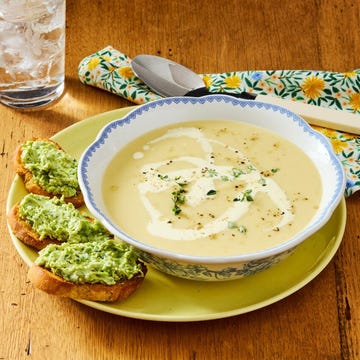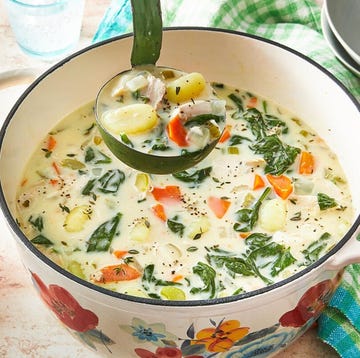Hanukkah is just around the corner, and the Festival of Lights is sure to spark joy in everyone who celebrates! We’re eagerly awaiting our favorite Hanukkah recipes (latkes, anyone?) and indulging in delicious Hanukkah desserts. However, before we get cooking, it’s also important to understand the significance and meaning behind this Jewish celebration.
So, what exactly sets Hanukkah apart from Christmas beyond the traditional foods? For starters, Hanukkah is viewed more as a cultural event than a strictly religious one by many. Now, you may be thinking, "Wait, but it's celebrated so close to Christmas?" Nope, no correlation. Other holidays like Rosh Hashanah, Yom Kippur, and Passover have greater religious significance.
And the idea that Hanukkah always falls close to December 25—you can scratch that notion, too. The exact dates change year to year, ranging from late November to December. So the holiday can be quite hard to plan for if you haven't double-checked a given year's calendar! If you're hosting a Hanukkah party this year or want to wish your neighbors "Chag Sameach" (happy holiday) read on to learn about the first (and last) day of Hanukkah in 2024.
When is Hanukkah in 2024?
Hanukkah will begin on the evening of Wednesday, December 25, 2024, and end on the evening of Thursday, January 2, 2025. For those who don't know: Hanukkah always starts on the 25th day of Kislev, also the ninth month on the Hebrew calendar. The second day of Tevet marks its end, landing on the tenth month of the calendar.
While Hanukkah occurs on a different date every year on the solar Gregorian calendar (the one that Western Christian holidays like Christmas follow), the date remains the same every year on the lunar Hebrew calendar. Because the solar calendar follows the earth's movement around the sun, and the lunar calendar is based on the moon's cycles—holidays with specific dates only apply to one calendar or the other.
What is Hanukkah?
Hanukkah (also spelled Chanukah) is the winter "festival of lights," celebrated by nightly candle lighting, special blessings, and eating tasty foods. Holiday traditions and observance vary by different origins and sects of Judaism.
In the second century BCE, Judea was invaded by a Seleucid king who tried to force the Jews to adopt Greek culture and beliefs. The Jewish priest Judah the Maccabee led his outnumbered and poorly armed people to defeat the far more powerful Seleucid army and reclaim the Holy temple in Jerusalem. According to the Encyclopedia Britannica, Hanukkah is a festival that "reaffirms the ideals of Judaism and commemorates the rededication of the Second Temple of Jerusalem."
What are some traditional Hanukkah foods?
Now, onto the fun part: food! There are so many traditional foods to enjoy during Hanukkah, many of which are fried in oil to honor the original miracle of oil that kept the menorah lit for eight days. These include sufganiyot (deep-fried jelly doughnuts) and latkes (fried potato pancakes). Classic Jewish comfort foods like matzo ball soup, brisket, applesauce, and challah are also served during the holiday!
How many days is Hanukkah?
Hanukkah is always eight days and nights. The significance of this time is described in the Jewish Talmud. According to Chabad.org, after the Jewish people reclaimed the Holy Temple in Jerusalem, "they sought to light the Temple's Menorah (the seven-branched candelabrum), [but] found only a single cruse of olive oil had escaped contamination by the Greeks. Miraculously, they lit the menorah and the one-day supply of oil lasted for eight days, until new oil could be prepared under conditions of ritual purity."
The ancient rabbis created the festival of Hanukkah to celebrate this miracle. It's the reason Jewish people today spend the eight nights lighting candles on the menorah and celebrating with family and friends!

Micaela Bahn is a freelance editorial assistant and recent graduate from Carleton College, where she majored in English literature. She loves running, photography, and cooking the best new recipes.

